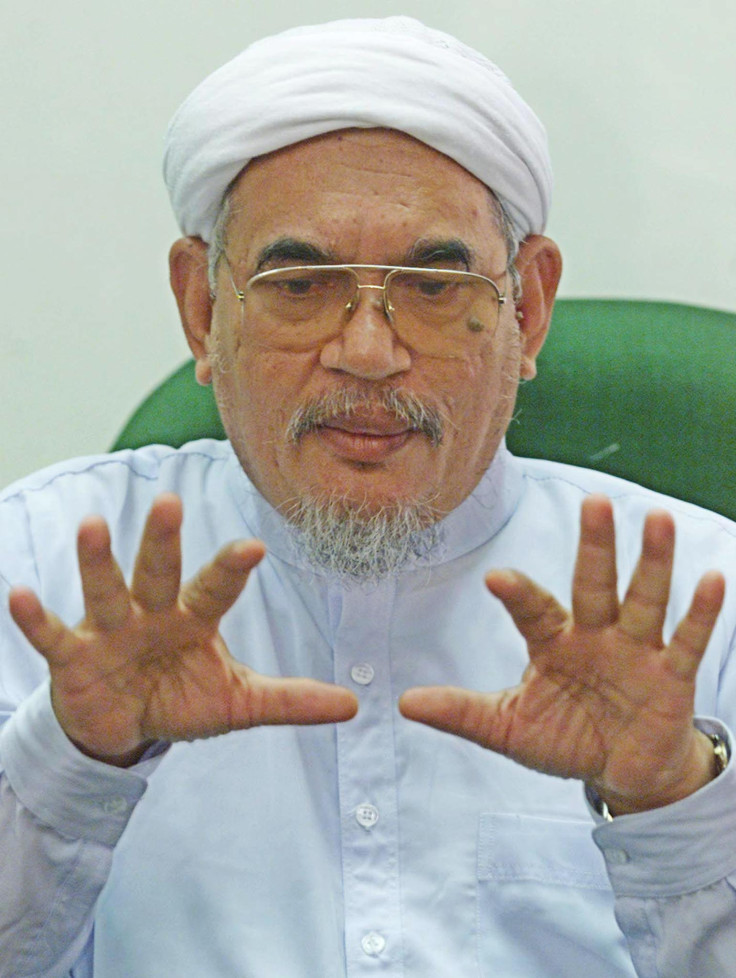Uproar in Malaysia as PM Najib Razak's ruling party fast tracks tabling of opposition's hudud laws

Malaysia has just fast-tracked the tabling of the opposition Islamist party's private members bill to strengthen the powers and the jurisdiction of the Islamic courts, which many fear may lead to the imposition of hudud laws in the country. The move by the main ruling coalition party led by Prime Minister Najib Razak has caused an uproar among non-Muslim citizens.
Even Najib's non-Muslim Cabinet ministers in the ruling coalition government have threatened to resign if the bill, the Syariah Courts (Criminal Jurisdiction) Act, is passed in Parliament. Two states — Sabah and Sarawak in East Malaysia — have also warned that they may demand to split from peninsular Malaysia if the proposed amendments to the bill are passed in Parliament.
"If it is forced into Parliament and passed, I'm afraid it will trigger more feelings among the people of Sabah and Sarawak to go their separate ways," the United Sabah People's party president Joseph Kurup warned.
Ironically, the bill was initially put forward by Abdul Hadi Awang, president of opposition Islamist party, Parti Islam se-Malaysia (PAS) in April last year. The bill however failed to go through for debate due to time constraints in Parliament. The bill seeks to replace existing provisions in the Syariah courts' criminal jurisdiction and to allow several categories of punishments to be meted out.
In a surprise move, Azalina Othman Said, the Minister in the Prime Minister's Department, tabled a motion in Parliament to expedite PAS's private members bill. The bill does not list the nature of the punishments. Currently, syariah court punishments are limited to jail terms not exceeding three years, or whipping of not more than six strokes, or fines of not more than RM5,000 (£1,218).
Prime Minister Najib, who is also the president of the main ruling coalition partner, the United Malay National Organisation (Umno), tried to allay concerns over the bill, saying that it is merely to enable the religious courts to impose "a few more" strokes of caning from the current maximum of six.
The Institute of Islamic Understanding Malaysia has asked for calm, urging Malaysians to keep a cool head. "Don't escalate the explosive nature of this issue. Islam looks at being fair. Not just for humans but for animals and plants as well," the institute's Director General Azizan Baharuddin said.
"Those concerned should raise the issues and the parties involved should explain. It's not one religion taking over the rest," she said. "The institute will study the bill thoroughly before making any comment," she explained.
Lawyer raises concerns over bill
Jaharberdeen Mohamed Yunoos, a senior lawyer and founder of Rapera - a movement that encourages thinking and compassionate citizens - noted that this was the first time that the government has given way to a private members bill to be heard before government business, which usually always takes precedence. He said PAS is trying to enhance the penal powers of the Syariah courts through which they hope to impose hudud punishments.
He warned that if the bill is passed into law, there will be two sets of criminal laws for Muslims — the Syariah and the civil law system. "Obviously, this will give rise to various complex constitutional issues such as equality before the law and so on," he said.
"It truly baffles me why as a nation we are keen on creating two parallel legal systems in the country. Apart from the injustice which may ensue, aren't the policy makers concerned this would lead to disunity and enmity between the Muslims and non-Muslims?" Jaharberdeen continued.
He said the PAS's version of the hudud effectively meant that the party wants to "compel Muslims to follow by force of law. Put it another way, PAS's 'noble aim' of 'serving Islam' is to ensure Muslims are subjected to greater punishments and despite what is provided for under the civil law system."
© Copyright IBTimes 2025. All rights reserved.






















